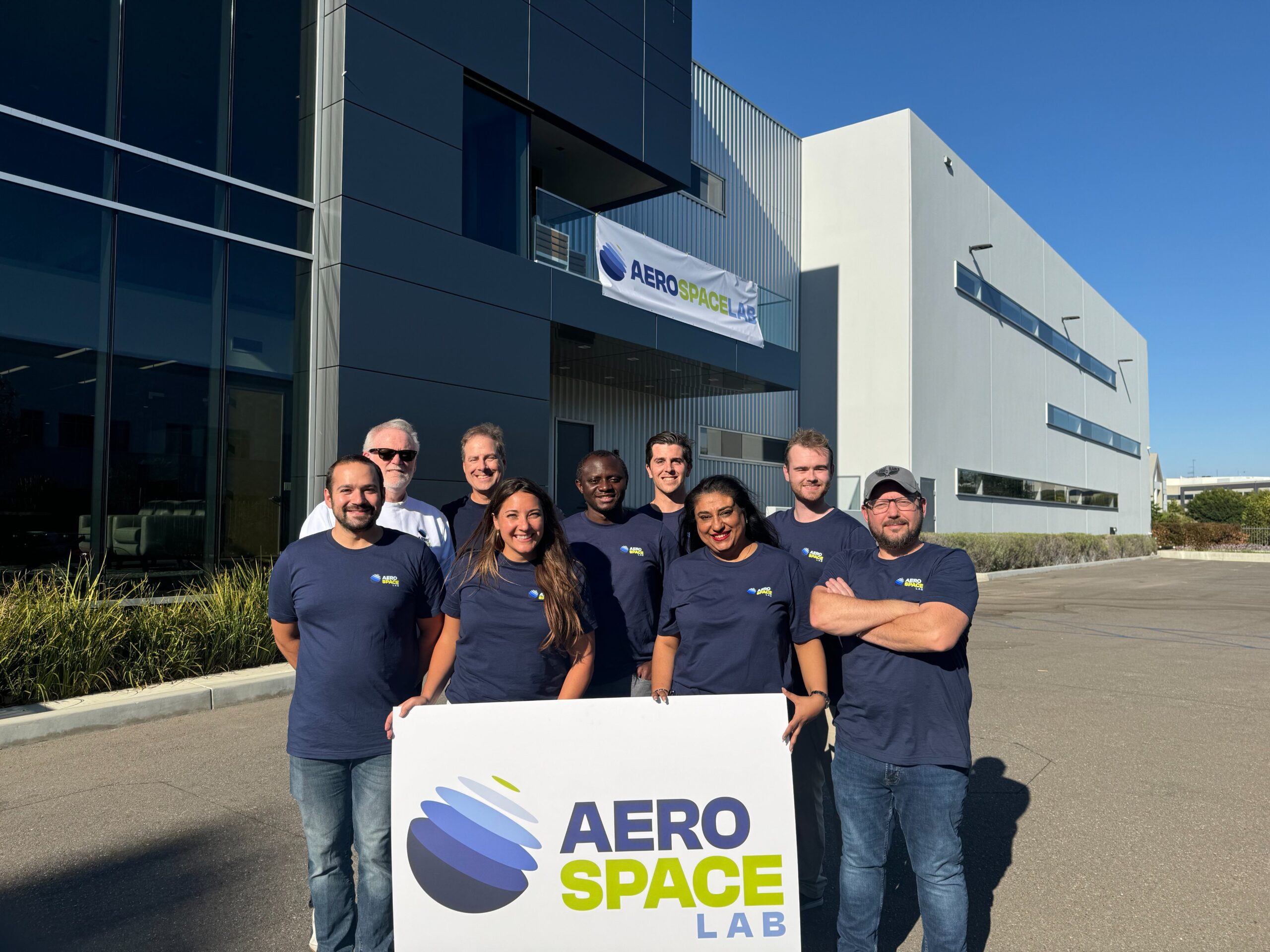TAMPA, Fla. — European small satellite maker Aerospacelab announced the opening of its first manufacturing facility in the United States Sept. 5 amid efforts to break into the lucrative U.S. government market.
The company sees the potential for contracts that would enable the 3,300 square-meter facility in Torrance, California, to reach a capacity to produce an average of two satellites a week in a single shift.
“With Space Force recently announcing its plans for not only a commercialization strategy, but [also the Space Development Agency] signaling their desire to diversify their supply base, we see potential not only for U.S. commercial customers,” said Tina Ghataore, group chief strategy and revenue officer at Aerospacelab and its CEO for North America.
Belgium-headquartered Aerospacelab has been building up its presence in the United States since opening a U.S. administrative office last year in Palo Alto, California.
To date, the company has announced contracts involving at least one satellite each for two U.S.-based customers: Positioning, navigation and timing venture Xona Space Systems, which is providing the payload for its debut spacecraft, and remote-sensing startup Albedo.
Ghataore declined to disclose the total number of satellites Aerospacelab has under contract in the United States, where the six-year-old company is also supplying subsystems to MDA for Telesat’s proposed Lightspeed broadband constellation.
“Our customer contract values cannot be disclosed but we are happy the commercial value allows us to justify our investments here,” she said via email.
Burlingame, California-based Xona plans to deploy 250-300 satellites in total for its commercial GPS alternative, starting in 2025 with the spacecraft from Aerospacelab.
Commercial first
Aerospacelab’s current manufacturing facilities in Belgium are designed to churn out as many as 24 satellites annually.
Next year, the company plans to open a significantly larger factory in Belgium capable of building 500 satellites a year.
The six Aerospacelab-built satellites currently in orbit comprise a mix of technology demos for the company and remote sensing customer payloads for the European Space Agency and Swiss Ministry of Defense.
The satellite Aerospacelab is contracted to build for Xona from its U.S. factory is set to be its first deployed for a commercial customer.
While the largest Aerospacelab satellites deployed to date are in the 150-kilogram class, the manufacturer has previously outlined plans for spacecraft as big as 700 kilograms.
Expanding space hub
Aerospacelab has started onboarding its U.S. manufacturing team in Torrance, a coastal city in the Los Angeles metropolitan area, as the company prepares to begin assembly, integration, and testing work for Xona this fall.
Aerospacelab also plans to manufacture satellite subsystems from the facility as part of its vertical integration strategy.
“We still strongly believe that vertical integration is the best way to get these satellite platforms to customers with speed and affordability,” Ghataore said, “and aim to simplify design to manufacture. We are currently 90% vertically integrated and expect this number to reach 99% by 2026.”
She said Aerospacelab chose the Torrance location because it is near U.S. Space Force Bases, Space Force Space Systems Command offices and other prime contractors based in Los Angeles.
Speaking in July as part of SpaceNews’ Leading Women in Space series, Ghataore said the U.S. government market, driven by the Space Development Agency, has done “a tremendous job” of opening up the space market for nontraditional players.
“The U.S. market is open for new players to enter into the North American space to deliver product at an efficiency and at a price point that will challenge certain incumbents in-country,” she said.
While SpaceX has announced plans to move operations from California to Texas, other ventures working on various forms of space infrastructure in the state include Rocket Lab, K-2 Space, Millenium, VAST and Impulse Space.
SpaceNews correspondent Debra Werner contributed to this article from San Francisco
Related
Read the original article here
